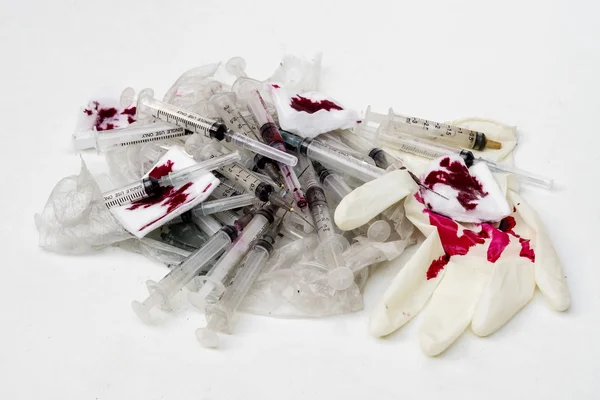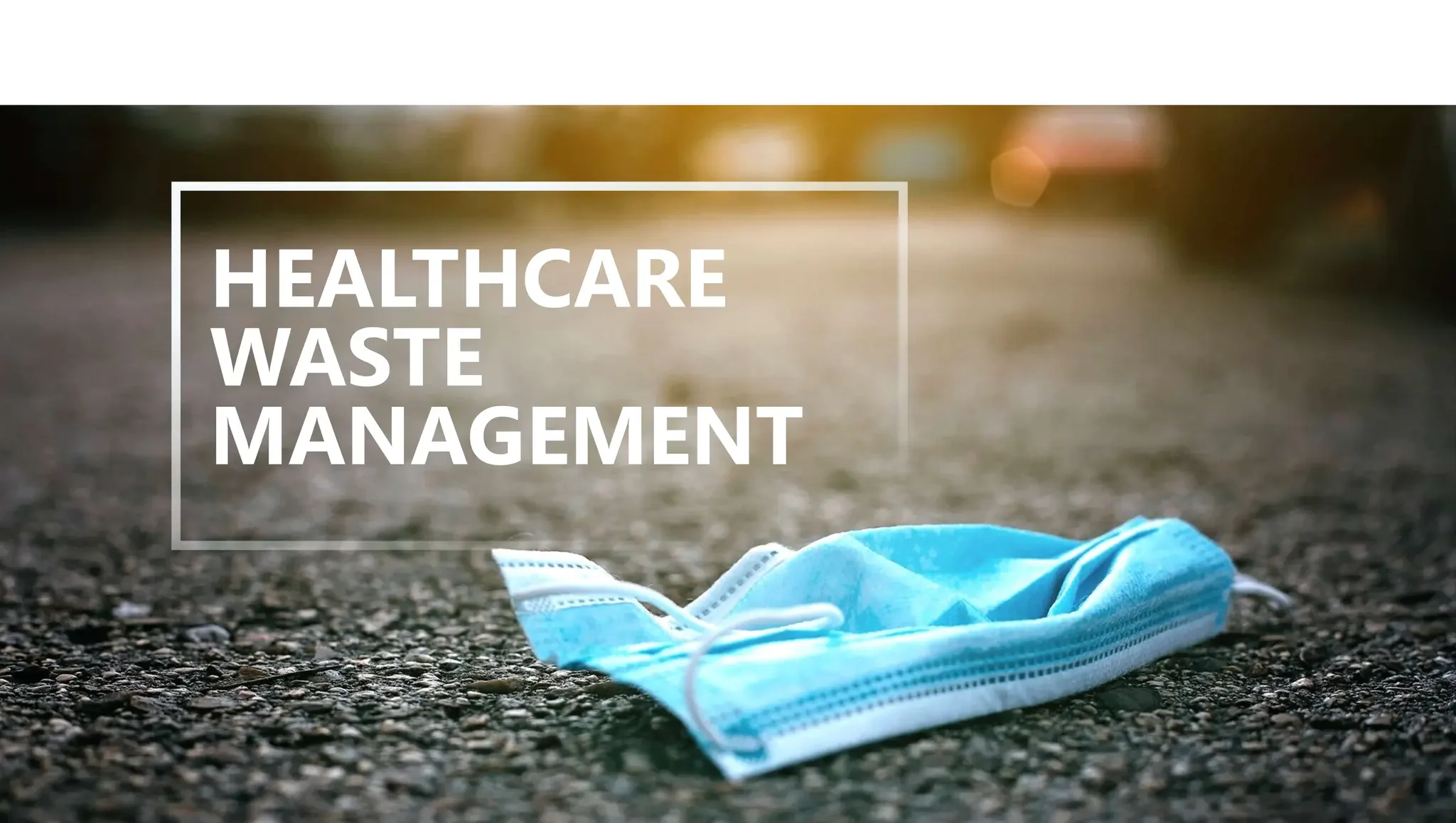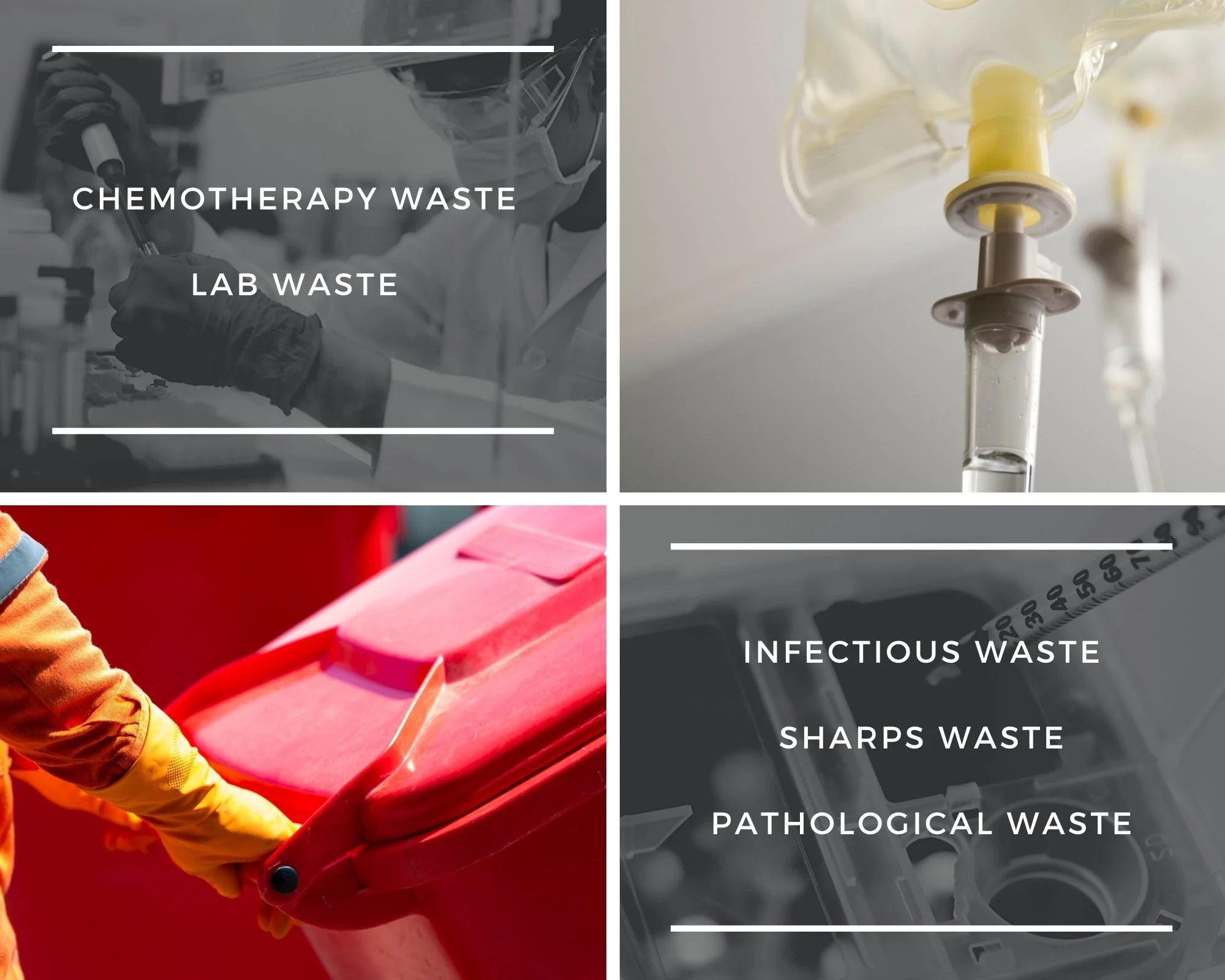Anatomical Waste How To Handle In 2025
In healthcare facilities that manage biomedical waste or hazardous substances, all workers must receive thorough training to handle and prepare this waste for safe disposal.
When tackling this critical responsibility, employees should consider a few key factors. This includes accurately identifying the type of waste at hand, adhering to the proper color-coding and labeling protocols, understanding transportation regulations, and following disposal guidelines meticulously—while also staying compliant with local regulatory requirements.
A Deeper Dive Into The Definition Of Anatomical Waste CDC “Click Here”
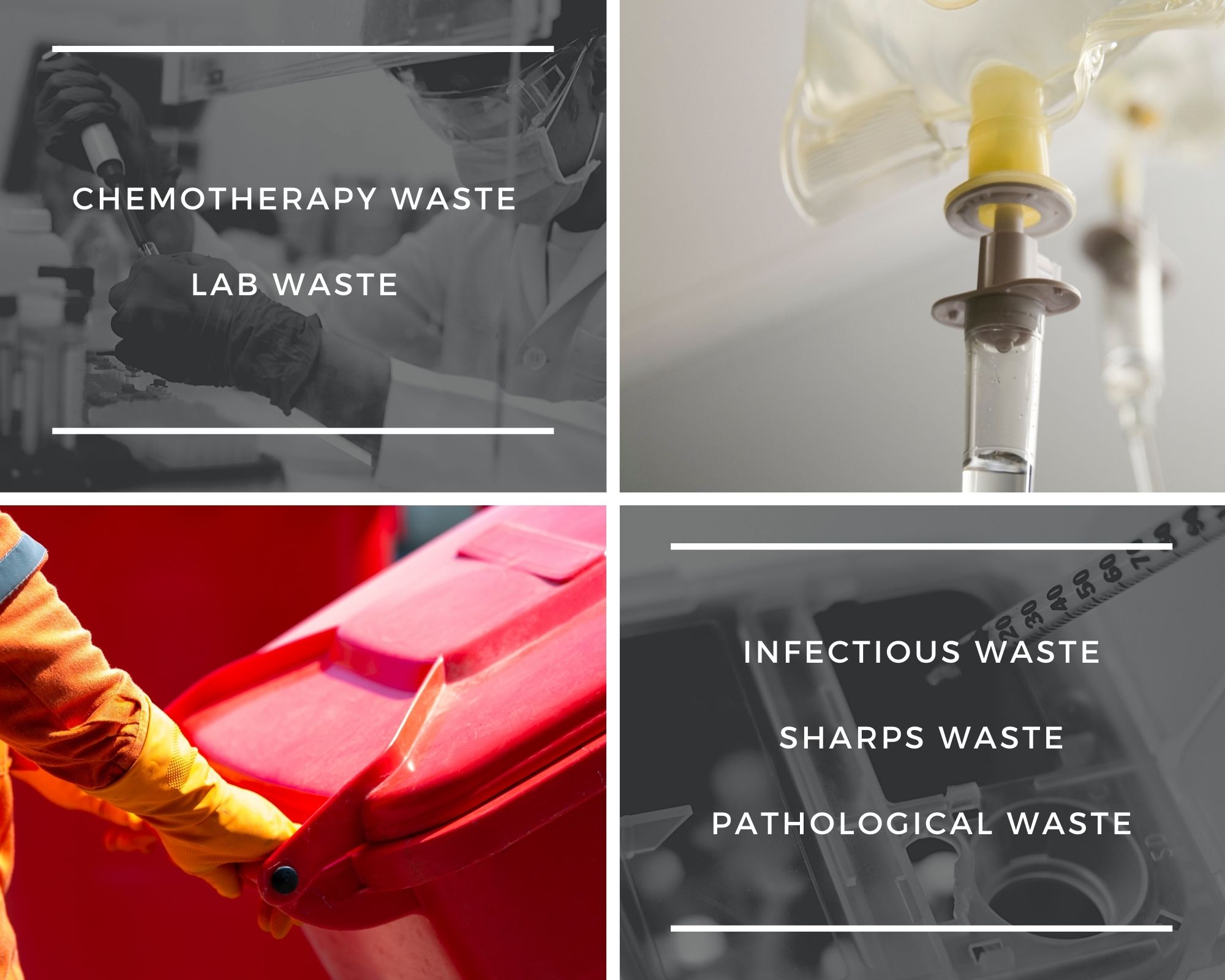
Your facility has a fantastic opportunity to lead the way in safety by following all federal and provincial regulations for storing biomedical waste once it’s been picked up and transported.
Need More Information On Anatomical And Pathological Waste Disposal “Click Here”
Waste must be stored in a designated area, away from food preparation zones, and securely enclosed to prevent unauthorized access.
Don’t forget to clearly label and identify all biomedical waste storage areas with recognizable biohazard symbols, as outlined in federal guidelines.
These guidelines also specify that biomedical waste should be refrigerated at four degrees Celsius, and if stored for more than four days, it needs to be at an even lower temperature.
By prioritizing these practices, we can ensure the safe and compliant disposal of anatomical waste, fostering a healthier environment for everyone!
If your facility generates biomedical waste, it’s essential to familiarize yourself with the specific regulations for medical waste disposal in your province.
For instance, Saskatchewan encourages carefully segregating biomedical waste into several categories for more efficient and cost-effective disposal.
These categories include:
– Animal Biomedical Wastes
– Cytotoxic Chemical Wastes
– Human Anatomical Wastes
– Human Blood and Body Fluids
– Microbiology Laboratory Wastes
– Sharps Wastes
– Special Precaution Wastes
By taking the time to review the guidelines set by both Federal and State guidelines, you not only ensure compliance but also contribute to a safer environment! Let’s embrace responsible waste management together for a healthier future!
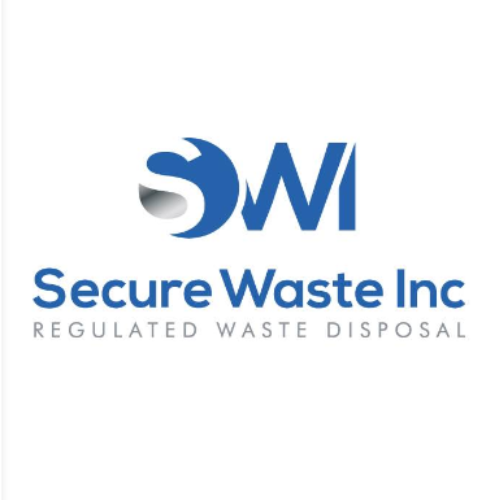
Expert Medical Waste Management: With over 25 years of industry experience, Secure Waste is a trusted local leader in hazardous and biohazardous waste disposal across Maryland, Virginia, and Washington, D.C. Specializing in medical waste management, sharps needle disposal, and biohazard waste removal, the company ensures full compliance with federal, state, and local regulations while prioritizing environmental sustainability.
The company also offers additional services, including secure document shredding and sharps container sales, providing comprehensive solutions for healthcare facilities and businesses. Our cost-effective services help clients maintain regulatory compliance without unexpected costs.
With a commitment to customer satisfaction, Secure Waste offers tailored waste management plans that align with industry best practices. Their team of experts provides reliable, timely, and compliant services, making them the preferred choice for medical waste disposal. For a free waste quote or more information, visit www.securewaste.net
